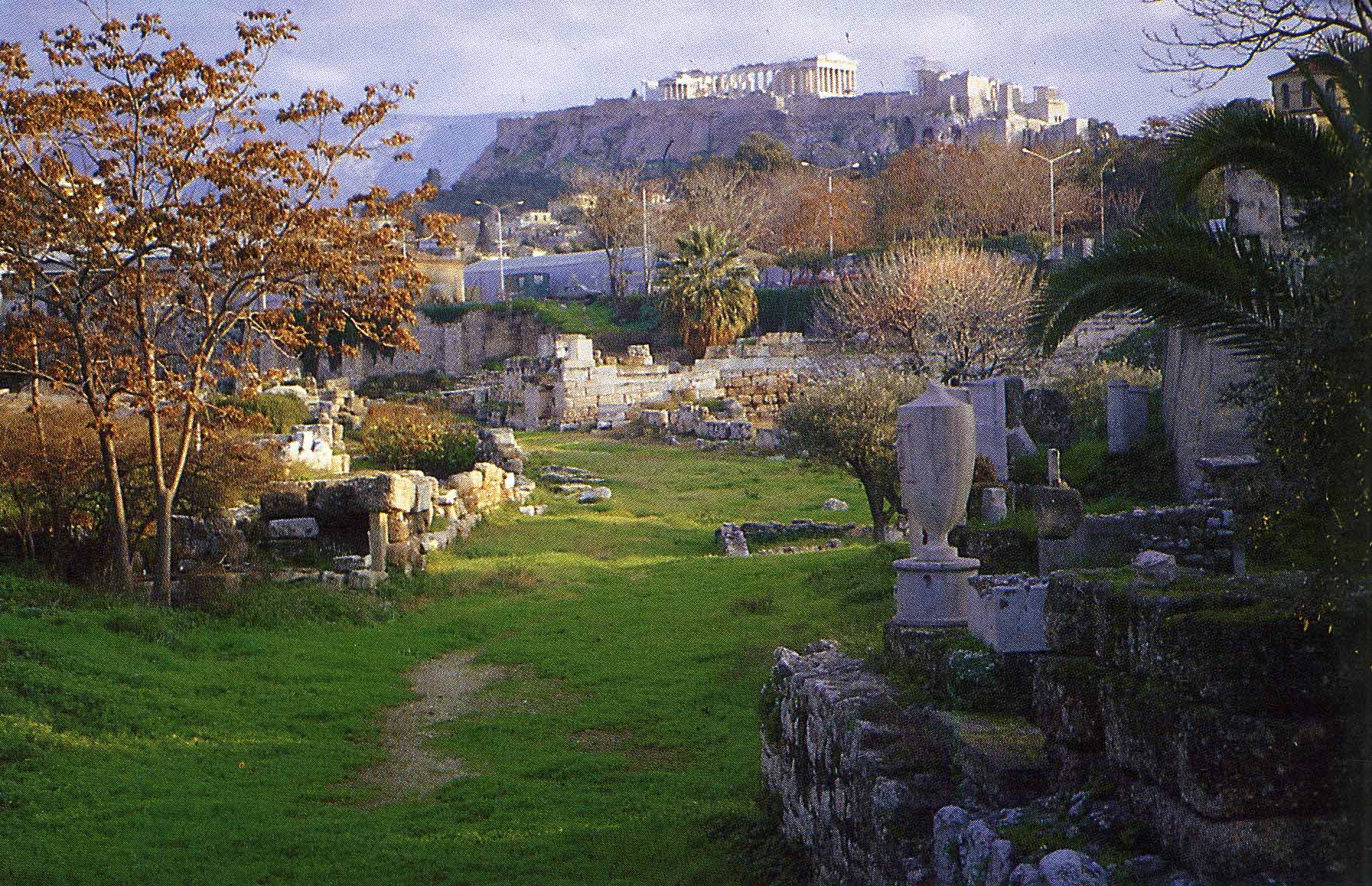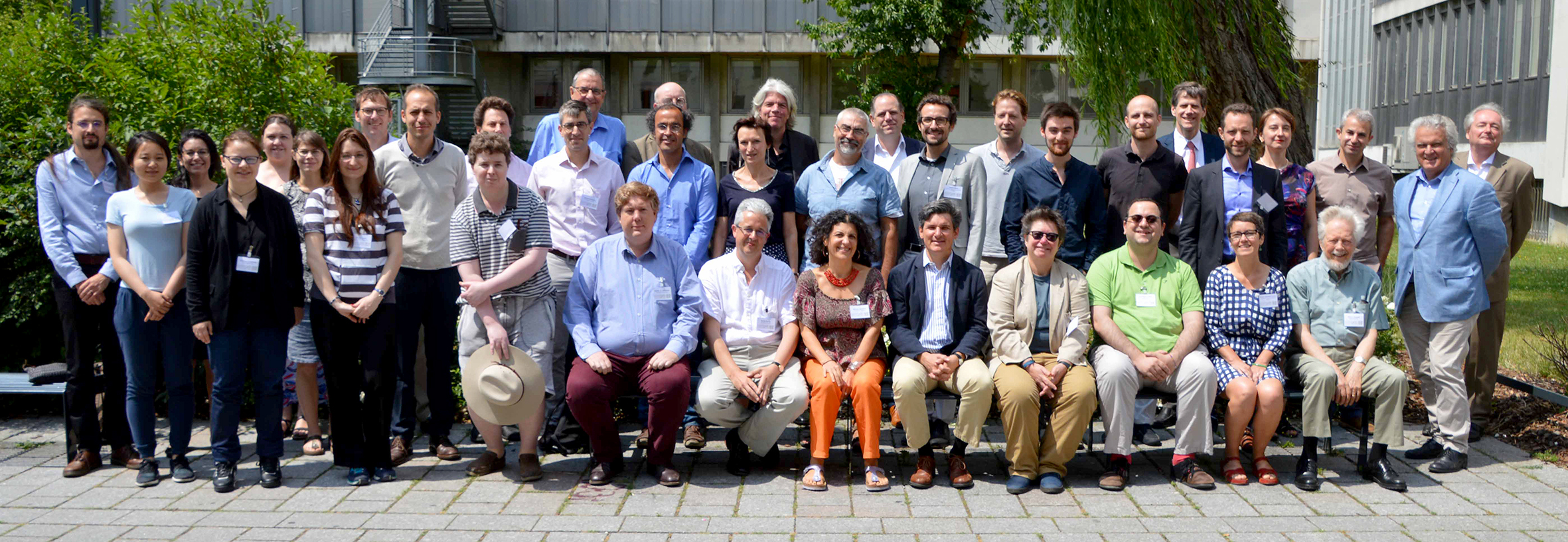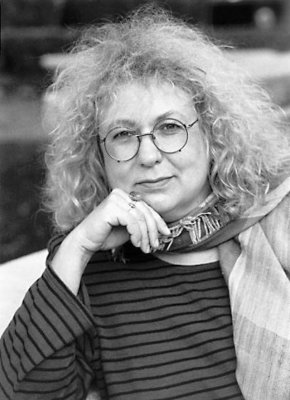Φιλοκαλοῦμέν τε γὰρ μετ᾽ εὐτελείας καὶ φιλοσοφοῦμεν ἄνευ μαλακίας.
For we are both thrifty lovers of beauty and lovers of wisdom without softness.
Thucydides 2.40.1 (tr. D. M. Pritchard)
 This line of ancient Greek is engraved above a doorway of UQ’s Forgan-Smith Building. It reminds us how generations of Queensland students have read the famous funeral oration of Pericles from which this line is taken. In ancient democratic Athens such an oration was delivered annually in honour of the war dead. For the classical Athenians it was a vitally important speech because it reminded them who they were as a democratic people and why they continued to wage back-to-back wars in which their sons died in appalling numbers. The UQ Funeral Oration Project represents the most-comprehensive study of this genre in almost 40 years. The 25 project-members are a ‘who’s who’ of Ancient History in the French-, German- and English-speaking worlds. We came together to share our papers at a conference at the University of Strasbourg (France) in July 2018 (figure 1). Five of our papers are available as podcasts here. Cambridge University Press has agreed to publish our papers. The Athenian Funeral Oration will be published in 2021.
This line of ancient Greek is engraved above a doorway of UQ’s Forgan-Smith Building. It reminds us how generations of Queensland students have read the famous funeral oration of Pericles from which this line is taken. In ancient democratic Athens such an oration was delivered annually in honour of the war dead. For the classical Athenians it was a vitally important speech because it reminded them who they were as a democratic people and why they continued to wage back-to-back wars in which their sons died in appalling numbers. The UQ Funeral Oration Project represents the most-comprehensive study of this genre in almost 40 years. The 25 project-members are a ‘who’s who’ of Ancient History in the French-, German- and English-speaking worlds. We came together to share our papers at a conference at the University of Strasbourg (France) in July 2018 (figure 1). Five of our papers are available as podcasts here. Cambridge University Press has agreed to publish our papers. The Athenian Funeral Oration will be published in 2021.
 Each year the classical Athenians held a public funeral for fellow citizens who had died in war. On the first two days they displayed the war dead’s coffins in the centre of Athens. On the third day they carried them in a grand procession to the public cemetery (figure 2). There they placed the coffins in a funeral monument that Athenian democracy had built at great expense. Beside it a leading politician delivered an oration ostensibly in the war dead’s honour.
Each year the classical Athenians held a public funeral for fellow citizens who had died in war. On the first two days they displayed the war dead’s coffins in the centre of Athens. On the third day they carried them in a grand procession to the public cemetery (figure 2). There they placed the coffins in a funeral monument that Athenian democracy had built at great expense. Beside it a leading politician delivered an oration ostensibly in the war dead’s honour.
 In 1981 the great French ancient historian, Nicole Loraux, published a transformational study of the Athenian funeral oration (figure 3). Loraux proved that this speech had played a central part in maintaining Athenian self-identity. Yet, in spite of the huge impact of her The Invention of Athens, it was far from complete. Her study did not compare the funeral oration and the other genres of Athens’s popular literature. Loraux could thus not prove her claim that the funeral oration was the most important of these genres. The UQ Funeral Oration Projects completes Loraux’s study by making this comparison. In doing so it furnishes new studies of the 5 extant funeral orations and the most-thorough account to date of war’s discursive place in Athenian democracy.
In 1981 the great French ancient historian, Nicole Loraux, published a transformational study of the Athenian funeral oration (figure 3). Loraux proved that this speech had played a central part in maintaining Athenian self-identity. Yet, in spite of the huge impact of her The Invention of Athens, it was far from complete. Her study did not compare the funeral oration and the other genres of Athens’s popular literature. Loraux could thus not prove her claim that the funeral oration was the most important of these genres. The UQ Funeral Oration Projects completes Loraux’s study by making this comparison. In doing so it furnishes new studies of the 5 extant funeral orations and the most-thorough account to date of war’s discursive place in Athenian democracy.
Figure 1: The participants in the Strasbourg conference on the funeral oration in July 2018.
Figure 2: The public cemetery in Athens where the funeral oration was delivered.
Figure 3: The French ancient historian, Nicole Loraux, who wrote the last major study on the funeral oration.
